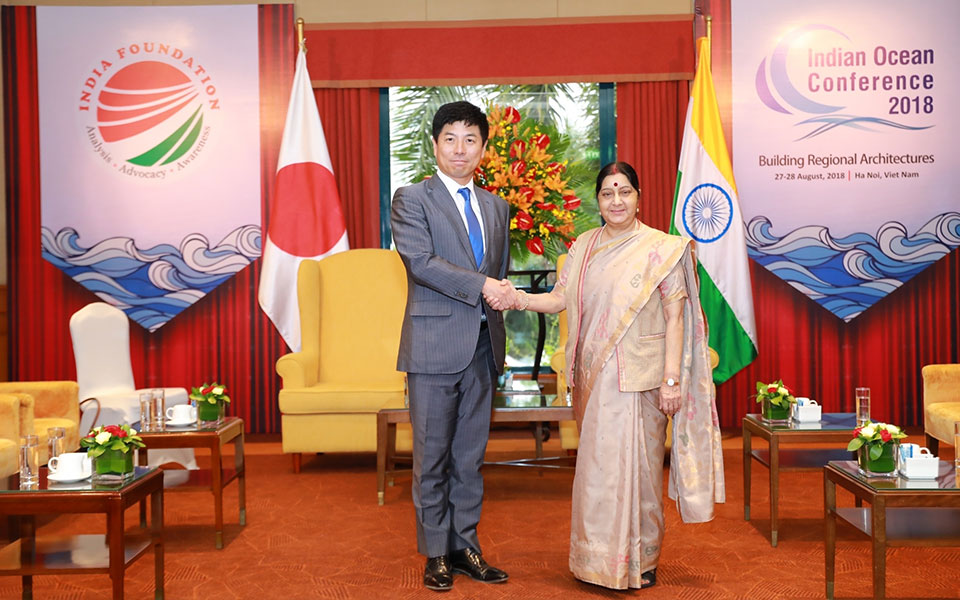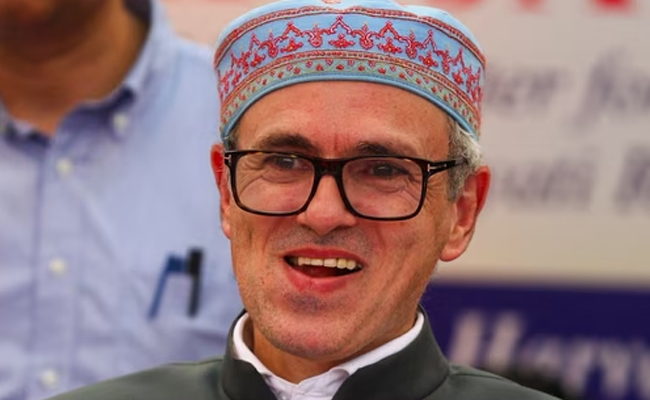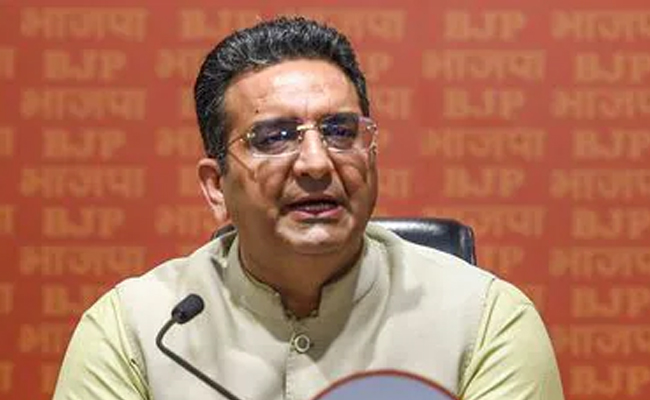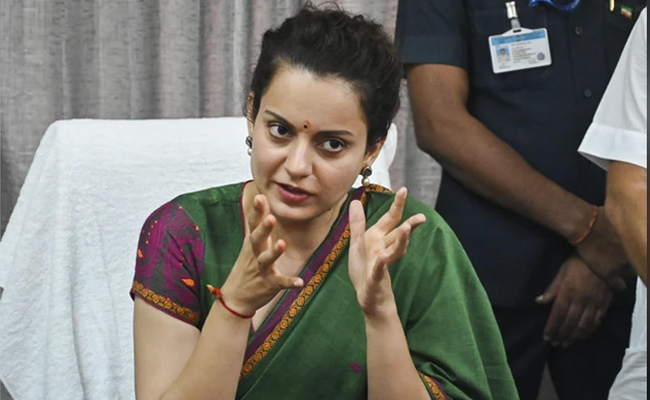Hanoi, Aug 28 : Pointing out that the seas around India have nurtured its links of commerce and culture with its extended neighbourhood over millenia, Indian External Affairs Minister Sushma Swaraj on Monday said that nurturing a climate of peace and stability in this region is an important priority for New Delhi's foreign policy.
"This region is host to the world's busiest waterways and three quarters of that traffic is headed for destinations beyond our region," Sushma Swaraj said while addressing the Third Indian Ocean Conference here.
"As an important trade and energy waterway, carrying half the world's container shipment, one third of its bulk cargo traffic and two third of oil shipments, the Indian Ocean clearly assumes importance well beyond its immediate shores and its littorals," she said.
"Nurturing a climate of peace and stability in this region is therefore an important priority for our foreign policy." Stating that that though there is diversity within the region, Sushma Swaraj said challenges within it are "quite similar".
"Our vision for the region is one of cooperation and collective action," she said.
India, along with the US, Japan and Australia, are part of a quad revived last year that seeks to work for peace and prosperity in the Indo-Pacific region.
Sushma Swaraj's remarks assume significance given China's belligerent attitude in the South China Sea region and Beijing's attempts to increase its footprint across the Indian Ocean.
"Hanoi is therefore a particularly appropriate setting for us to discuss developments in the Indian Ocean and the Indo-Pacific region," she said.
She said that India sees the Association of Southeast Asian Nations (Asean)regional bloc as central to the regional maritime architecture, reflecting Indian Prime Minister Narendra Modi's remarks at the Shangri-La Dialogue in Singapore in June.
Sushma Swaraj stressed on three priorities that New Delhi accords to the Indian Ocean region and referred to the SAGAR (Security and Growth for All in the Region) initiative of New Delhi.
"In its implementation, this approach includes: projects to promote hinterland linkages and strengthen regional connectivity; linking South Asia to Southeast Asia (under India's Act East Policy); and playing an active and constructive role in strengthening regional maritime security."
Sushma Swaraj said that the first part is India's focus on developing hinterland linkages and regional connectivity.
She said that India is devoting more resources and assigning greater priority to building connectivity, contacts and cooperation in its immediate neighbourhood.
"The second element is the expanded interpretation of what constitutes our neighbourhood," she said. "This is reflected in the renewed emphasis in our Act East Policy and the new Think West policy towards West Asia and the Gulf region."
Sushma Swaraj said that the Act East Policy is at the heart of New Delhi's eastward orientation and ties in with its broader approach to the Indo-Pacific.
She said that India accords high priority to key infrastructure projects such as the Kaladan multi-modal transport linking the Sittwe Port in Myanmar with Mizoram in India's northeast, and the Trilateral Highway linking India, Myanmar and Thailand.
"Our recent agreement with Indonesia to develop port infrastructure in Sabong is yet another step in this direction," she said.
"Coming to the third element, contributing to regional maritime security: we are working to ensure the safety and security of maritime traffic through the ocean by strengthening skills and logistics of our Indian Ocean neighbours," Sushma Swaraj said.
The Indian Minister arrived here on Sunday on the first leg of her two-nation tour to Southeast Asia that will also see her visiting Cambodia.
Let the Truth be known. If you read VB and like VB, please be a VB Supporter and Help us deliver the Truth to one and all.
Bengaluru (PTI): A case has been registered against a high-end restaurant co-founded by Bollywood actress Shilpa Shetty for allegedly operating past the legal closing hours, police said on Wednesday.
The restaurant, Bastion, located on St Marks road here, was allegedly found operating beyond the stipulated hours, hosting late-night parties in violation of rules on December 11, they said.
"Based on the complaint of a police officer, a case was registered on December 14 under relevant sections of the Karnataka Police Act at Cubbon Park police station against the manager and staff of the establishment for violating the rules," a senior police officer said.
According to the FIR, the police officer was on special patrol duty within the police station limits on December 11, and following a tip-off from an informant, he inspected the restaurant.
"At around 1.30 am, when the complainant visited the restaurant, it was found that the manager was operating it unauthorisedly beyond the timings fixed by the government, the FIR stated.





